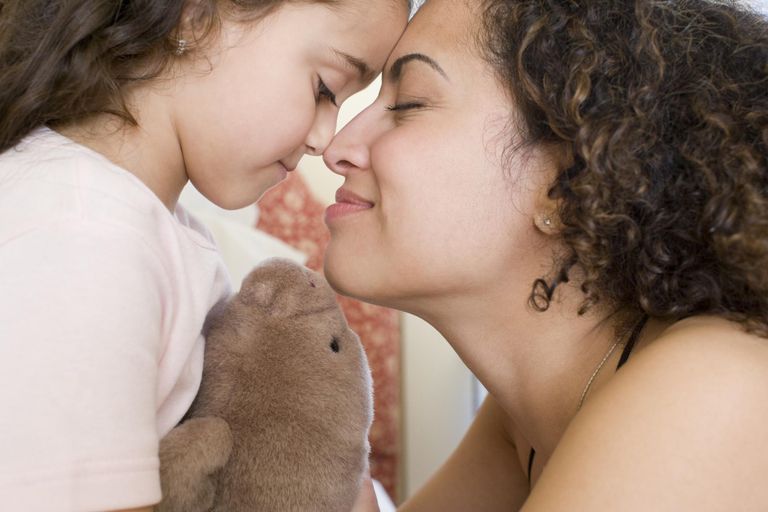
The custodial parent is a primary parent who shares the home with the child.
Usually, this means that the court has granted primary legal or physical custody to one parent, the parents have reached an informal agreement, or only one parent is involved in the child’s life.
Like any other aspect of motherhood or fatherhood, Custodial care involves many responsibilities.
Even if you’re on good terms with your ex, it’s a good idea to know the law before you need it. Custodial parents should consider the following legal tips to understand the responsibilities of having legal and physical custody of a child.
1. Stick to the Visiting Schedule
The custodial parent should develop a care plan with the non-custodial parent to ensure a set visitation schedule. In addition, courts can enforce a convenient visitation schedule without a parenting plan.
If there is a need to change the visitation schedule, the custodial parent must give the non-custodial parent as much prior notice as possible.
2. Tracking Child Support Payments
If you have child support payments, make sure you record the costs. Proof of income may become a court requirement if you need to reclaim child support payments.
Custodial Parents and their role toward children

3. Consult Non-Custodial Parents on Important Matters
Suppose you have joint custody of your child. When should you consult your ex on all significant matters affecting your child? Raising your child is still a team sport, and your ex should be involved.
Having candid discussions about how you would like to handle the various situations that arise while raising children can help you develop a parenting plan.
This plan lets you both know you’re on the same page, even if you’re not on the same page.
4. Decide in the best interests of the child
The child’s best interest is the legal standard by which all family court decisions. It refers to doing what is best to ensure that the child grows healthy and happy.
A child’s best interest refers to parents placing their child’s needs above all else, something good parents already do. The child’s need to live in a stable home environment may be critical to the success of a joint custody arrangement.
Custodial Parents and their role toward children

5. Inform your ex before leaving the country with children
If you decide to move with your child, you should discuss it with the non-custodial parent first. Think about how you would feel if your ex took your child and moved out without telling you. Maybe not good.
In addition, the non-custodial parent may initiate changes in the child’s care due to the custodial parent’s relocation.
The court will consider several factors before approving the relocation. On the other hand, if the custodial parent wishes to take a vacation with the child, the court may stipulate in a court order that they must still notify the ineligible parent.
6. Consult Non-Custodian Before Generating Main Fee
If your ex asks to cover half of any outstanding medical or childcare expenses, you should talk to them before you incur huge costs. In your child’s best interest, both parents are financially stable.
Making sure your ex can cover the significant expenses in advance is responsible.
It doesn’t mean you don’t have to make big purchases; it could mean something as simple as putting off assets until payday.




